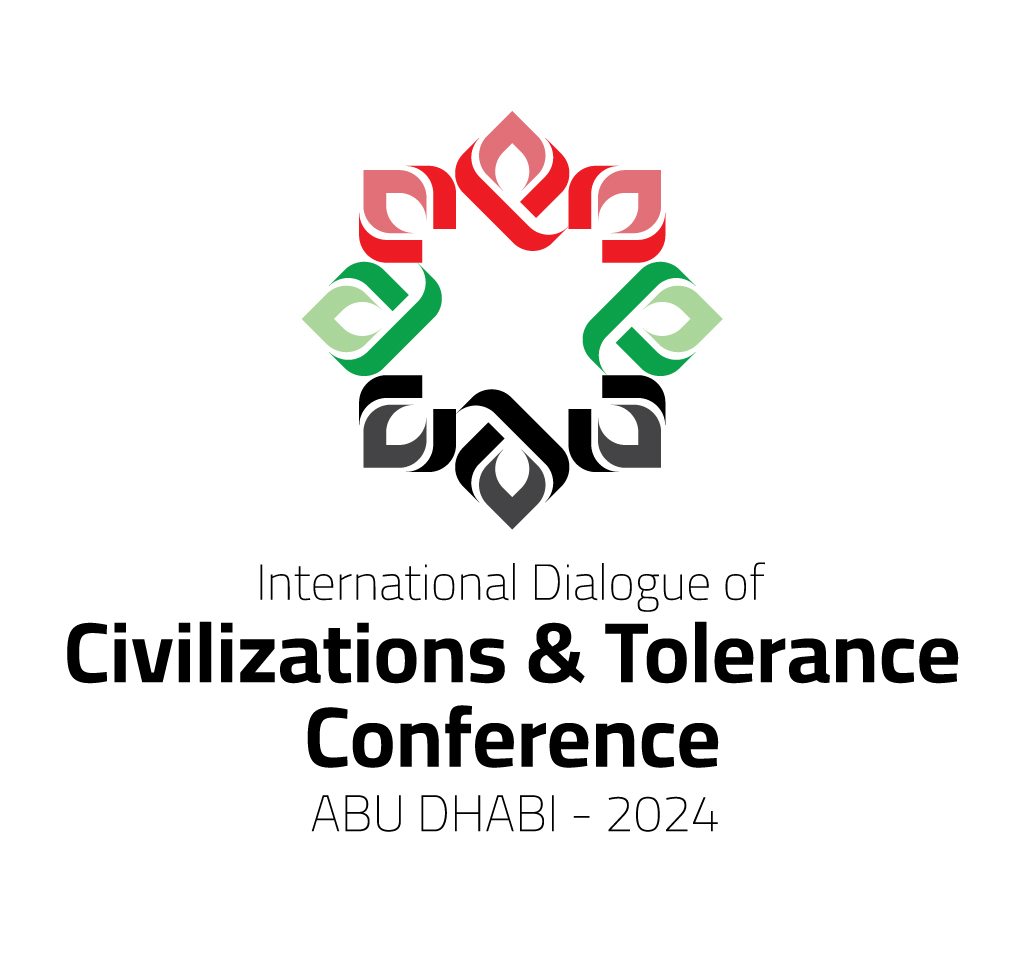Published 2024-03-04
Keywords
- water/culture,
- social practices,
- social relations,
- beliefs
How to Cite
Abstract
This research deals with the issue of water and its relationship to society in the Moroccan oases, specifically the Farkala oasis in the Errachidia region, as a topic that has attracted the attention of many local and international researchers (Berque, 1962, Hamouda, 2021; Bencherifa, 1990...). This work of socio-anthropological dimensions enabled us to transcend the natural water element with a tangible physical dimension to water in its symbolic and cultural form. That is those social and cultural dimensions that he carries by focusing on the images of his presence in the daily life of the local inhabitants of the Farkala oasis, which differ for several historical, cultural, and ethnic considerations, and sometimes even due to the context of their presence or their temporal determinants. Through our fieldwork, it was found that the interactive relationship between water and society contributes to the production and reproduction of socio-cultural manifestations in the oasis, and makes people weave close relationships with water and with scarcity. It is then a journey of transition from natural water to water culture; Which is present in the minds and representations of the oasis local communities, through a set of linguistic interactions, social practices, rituals, customs, and traditions.

